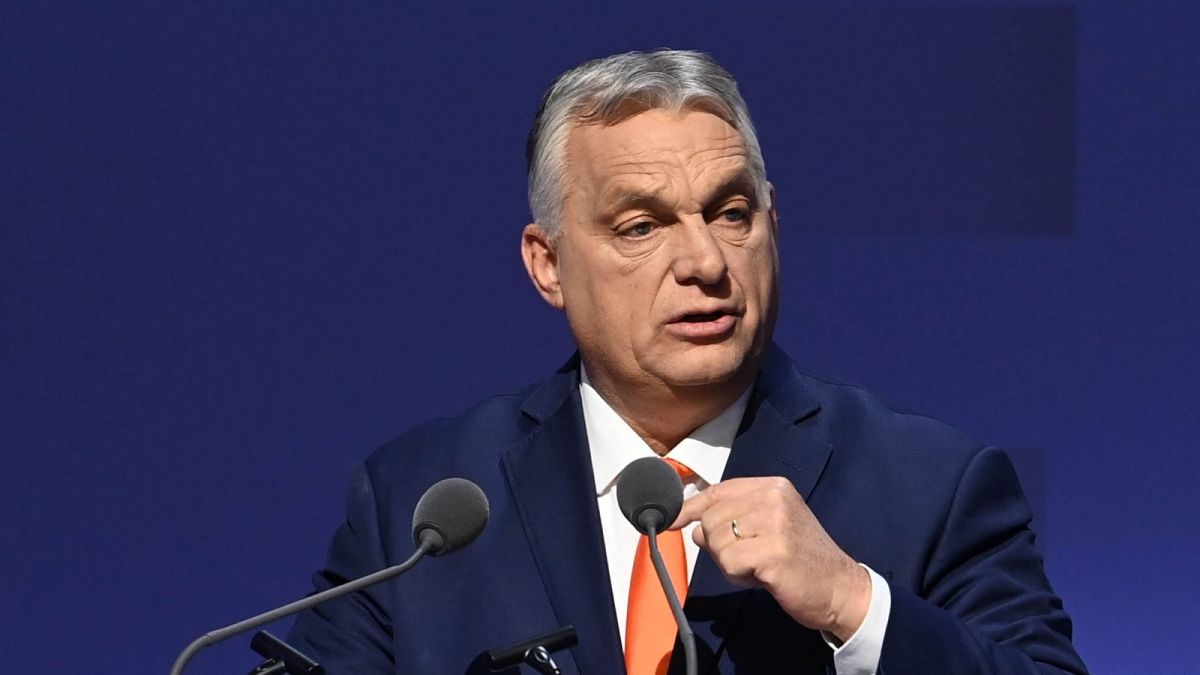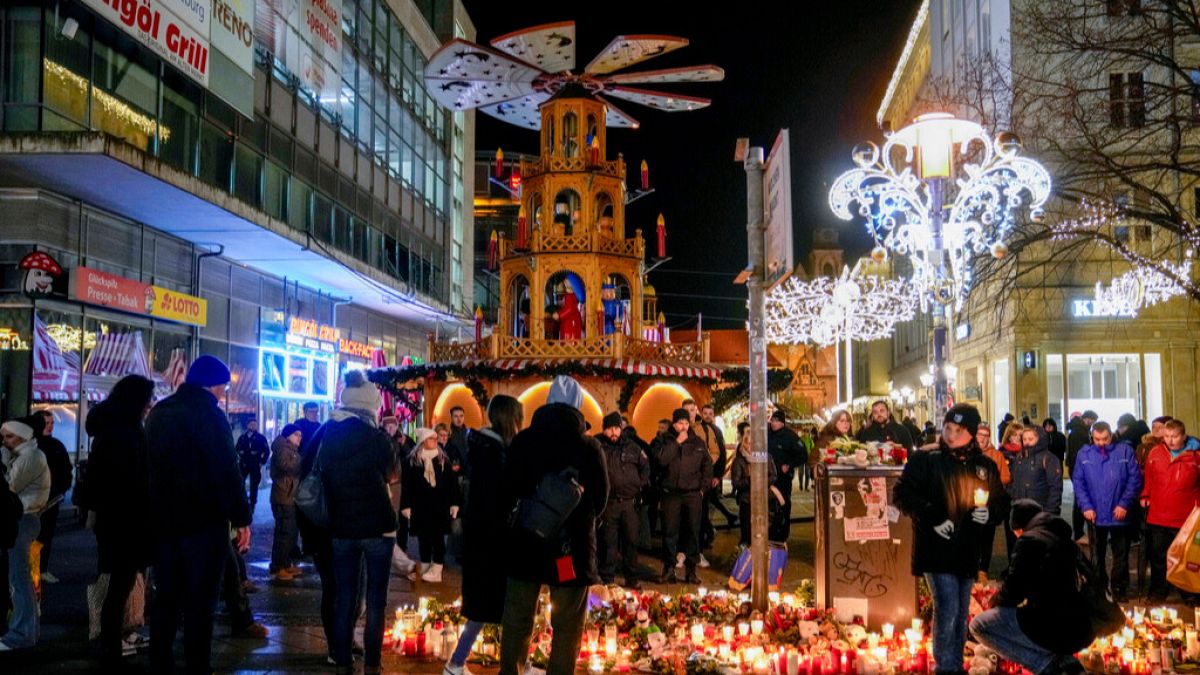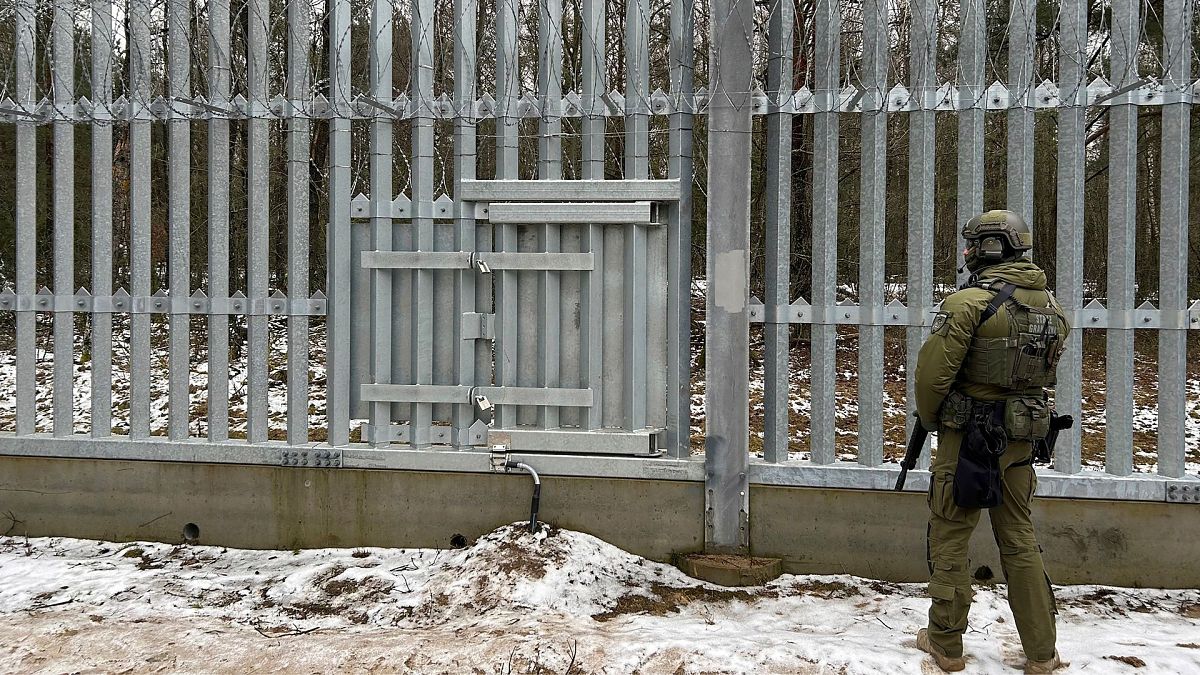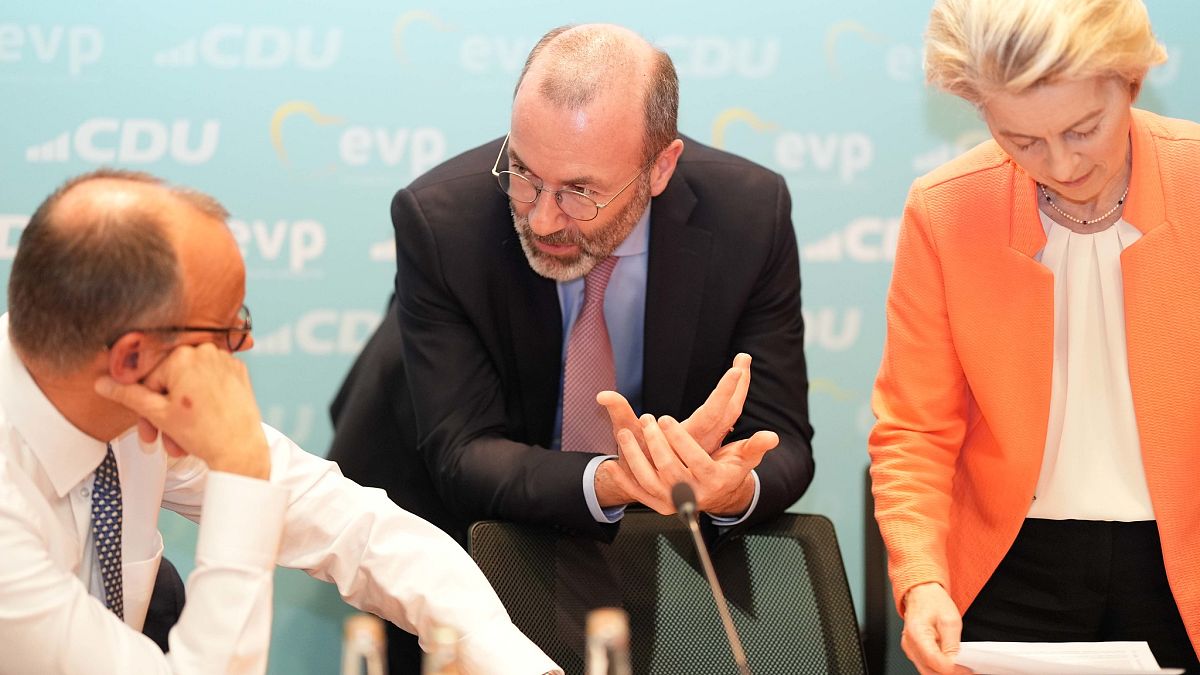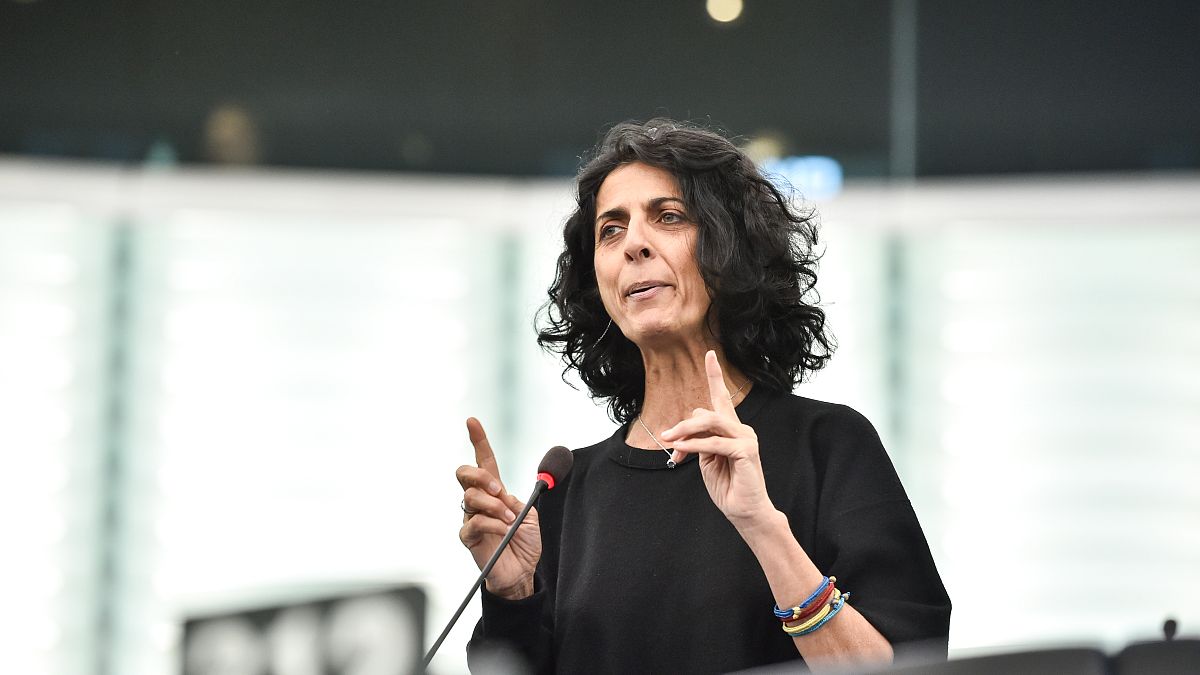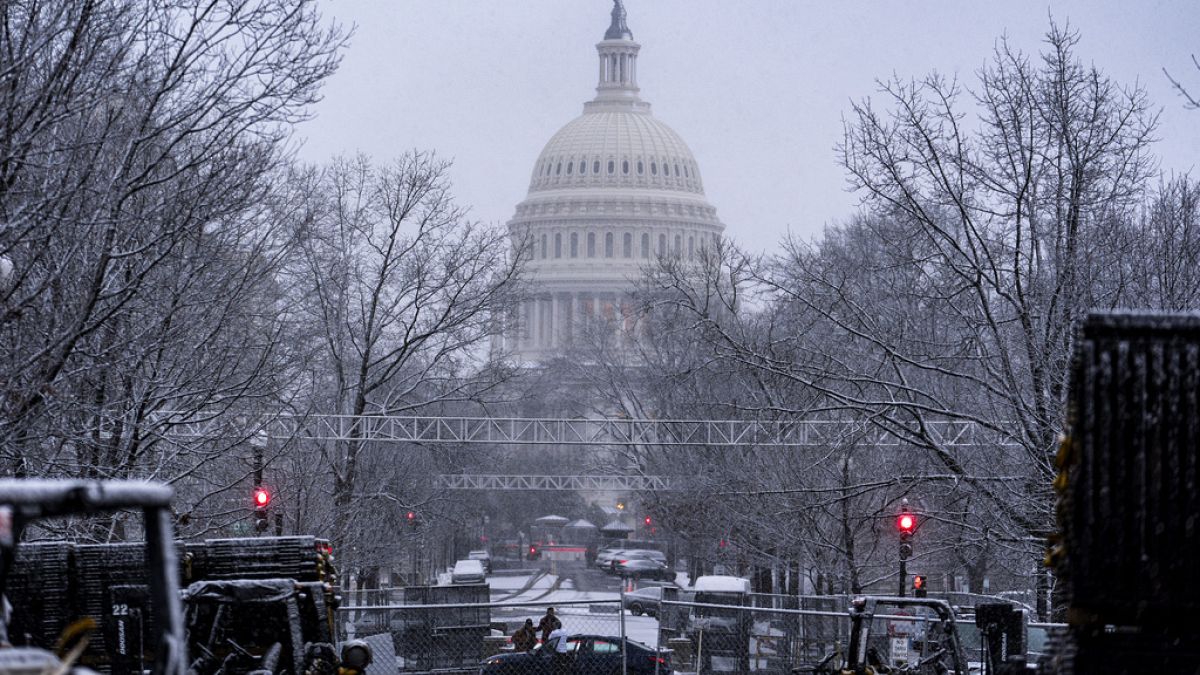The government collapsed after it failed to gather the support of the far-right National Rally party of Marine Le Pen for its budget.
Michel Barnier on Wednesday became the French Fifth Republic’s shortest-serving prime minister after the leftist New Popular Front (NFP) alliance and the far-right National Rally (RN) party joined forces to bring him down during a no-confidence vote.
Barnier’s government was toppled with 331 votes backing the motion of censure. A majority of 288 votes was required.
The 73-year-old will have lasted just 91 days in office, while his government, made up of centrist and right-wing ministers, served just 74 days.
Barnier’s government – the first to be toppled by a motion of censure in more than 60 years – became the target of two separate no-confidence votes on Monday after it used Article 49.3 of the constitution to bypass a parliamentary vote and ram through its social security budget.
The social security budget bill is now also rejected.
The overall budget put forward by the government had planned for €60 billion of spending cuts in 2025 in a bid to tame the country’s spiralling public deficit (at 112% of Gross Domestic Product) and deficit (at 6% of GDP) which both greatly exceed EU limits.
Barnier helmed a fragile minority government made up of centrist parties loyal to President Emmanuel Macron and the right-wing Les Républicains party (LR) from which he hails. But their alliance was informal and 77 seats shy of the absolute majority, with the RN, the biggest party in the National Assembly with 124 seats, cast in the role of kingmaker.
Concessions made in the eleventh hour to Marine Le Pen, who helms the RN group in the lower chamber, over an increase in electricity taxes and lower drug reimbursements failed to gather her support as Barnier refused to budge on the de-indexation of pensions.
The four-time minister and two-time EU Commissioner warned in a televised interview on Tuesday evening that the country’s “situation is very difficult in social, economic, budgetary and financial terms” and that should the motion of censure pass “everything will be more difficult and everything will be more serious”.
He urged other parties to “take their responsibilities seriously” and said those who vote to topple his government and therefore reject his proposed budget would have to hold themselves accountable for an increase in income tax that would impact 18 million households and for a freeze of pensions for farmers due to come into force in January 2026.
Both the far-right and the left categorically reject responsibility for the political turmoil into which France has once more plunged.
Jordan Bardella, the 29-year-old leader of the RN, told public broadcaster France 3 on Wednesday that Macron is to blame for engineering a so-called “republican front” in this summer’s snap elections that “deprived” him of a majority and therefore of the prime minister job.
“I think that the uncertainty will come from this budget, and I want to be able to protect the purchasing power of my compatriots (…) So if a new government is appointed, we’ll get round the table and resume the budget discussion very quickly,” he added.
Socialist (PS) leader Olivier Faure also put the blame on the president whom he accused of refusing to name a prime minister from the left. The NFP, of which the PS is a member, unexpectedly secured the highest number of seats in July but fell short of a majority. Macron’s camp, however, refused to work with the alliance because they consider the far-left France Unbowed (LFI) party, another member, just as radical as the RN.
“We are proposing the appointment of a left-wing prime minister who will apply the NFP’s priorities, but with a constant concern for compromise,” Faure told Le Monde in an interview on Wednesday. “The NFP does not have an absolute majority, so we will have to find majorities, text by text.”
The LFI has meanwhile been calling for Macron to resign, which the president rejected as “political fiction”.
Under the constitution, Macron cannot call fresh legislative elections until next July. Any new government would therefore have to involve multiple parties.
Asked on Tuesday evening if he would try to form a new government should his first collapse, Barnier had said: “What sense does it make that if I fall tomorrow, that the day after tomorrow I’m back here as if nothing had happened.”


